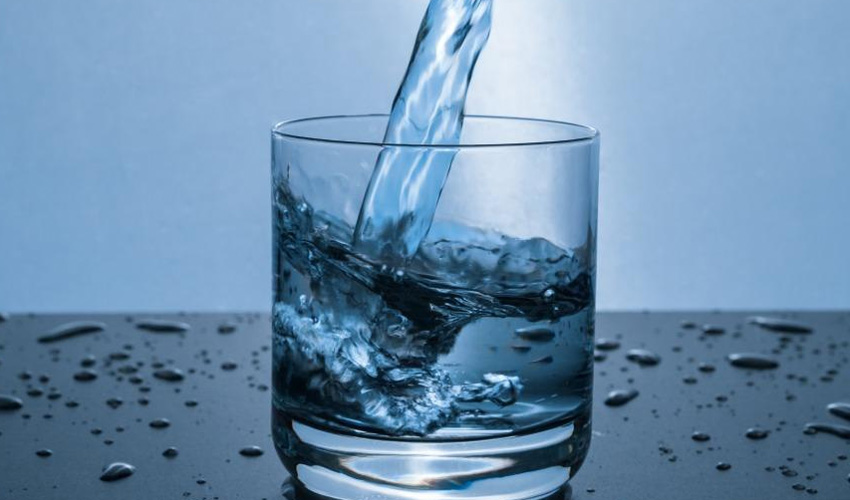Hydration is paramount during Ramadan, particularly in the hot summer months, to counteract the challenges posed by prolonged fasting.
While fasting individuals endure long hours without food or drink, prioritising hydration is crucial to prevent thirst and dehydration, which can significantly impact bodily functions and safety.
The body loses fluids through sweating during fasting, necessitating adequate water intake to maintain fluid balance and support essential functions like digestion, circulation, and temperature regulation.
Kidney health, energy levels, muscle function, skin health, and stress reduction are all influenced by hydration.
Daily water intake should be personalized based on individual needs and activity levels, with attention to consuming water between Iftar and Suhoor meals.
Overconsumption of water in a short period should be avoided to prevent water intoxication, and replacing water with calorie-containing beverages is discouraged.
However, alternatives like coconut water, hibiscus tea, and berry juice can supplement hydration for those unable to consume water directly.



























